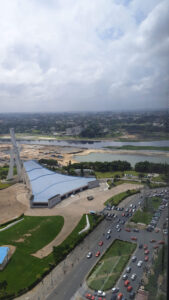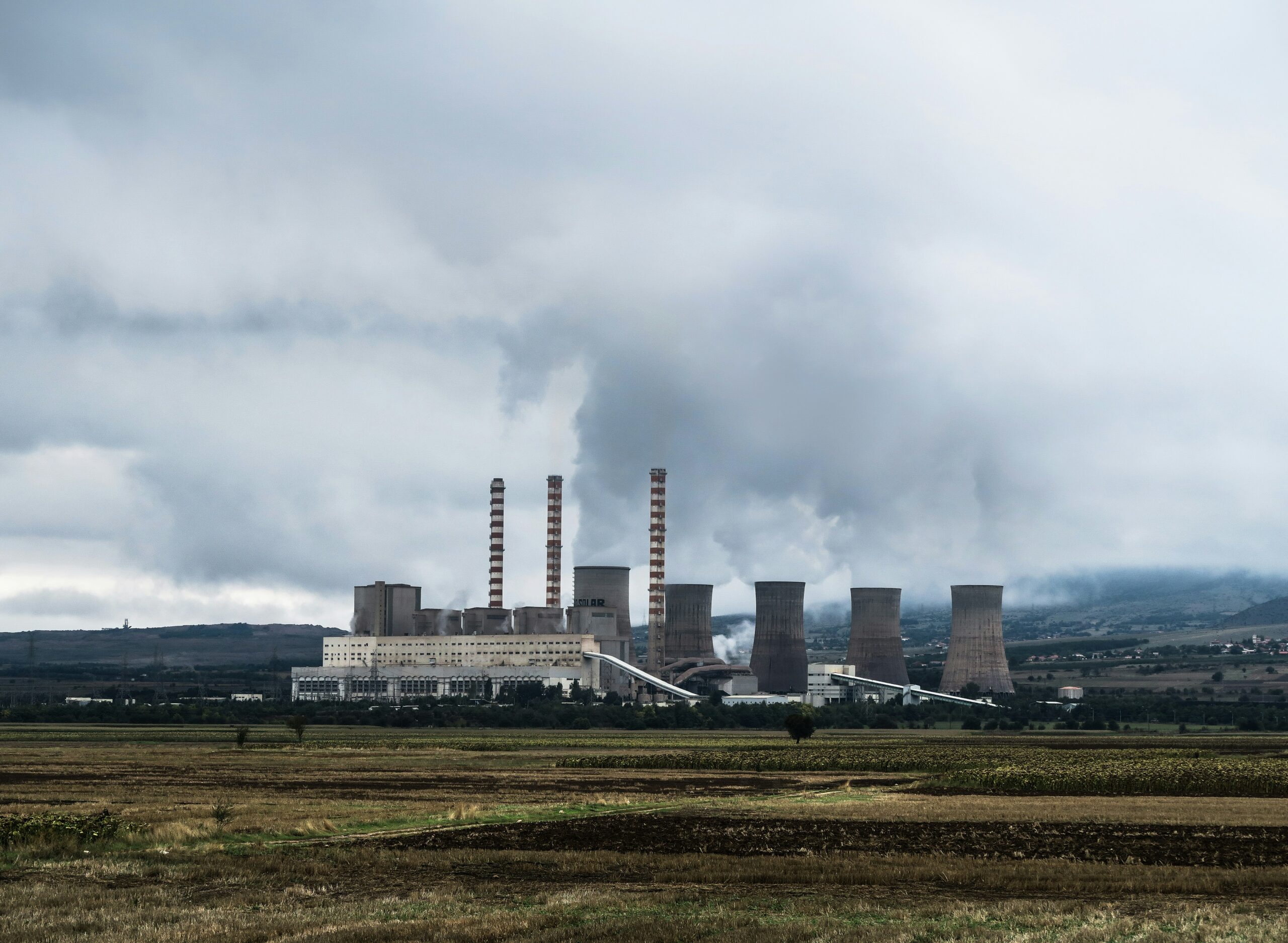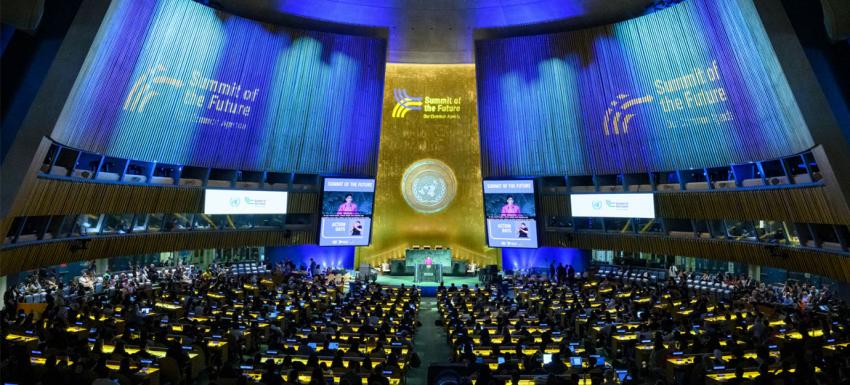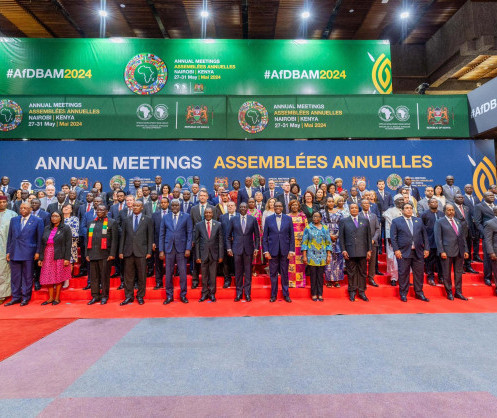According to the most recent World Bank Malawi Economic Monitor (MEM), Malawi’s path to attaining the objectives of its long-term development vision, Malawi 2063, remains feasible but narrow. Due to a prolonged macro-financial crisis, exacerbated by extreme weather events, a slow debt restructuring process, and delayed governance reforms, economic development has been stifled. According to the new MEM, improvements in political commitment and investment, as well as reforms in the energy sector, could contribute to development by increasing access to electricity to more than 50 percent by 2030.
In this 17th edition of the MEM’s analysis of Malawi’s economic and structural development issues, Powering Malawi’s Growth: Rapidly and Sustainably Increasing Energy Access, the economy has gotten off to a shaky start in 2023. It is anticipated that economic growth will increase marginally, reaching 1.4% in 2023, due to persistent macroeconomic imbalances, an ongoing debt and balance-of-payments crisis, and the effects of Tropical Cyclone Freddy, with the energy crisis being only partially mitigated by the resumption of electricity generation at the Kapichira hydropower plant.
Cyclone Freddy is estimated to have caused $36.4 million in production losses, which translates to a 0.5% decline in real GDP for 2023. Without significant investments in climate adaptation, the effects of climate change will reduce Malawi’s GDP by 3 to 9 percent by the end of this decade, according to an analysis by the World Bank.
“Malawi’s economy is hampered by foreign exchange shortages that limit imports of essential commodities and inputs and reduce agricultural output, as well as by erratic electricity supply and the increasing frequency of natural disasters. Hugh Riddell, World Bank Country Manager for Malawi, states that the country’s “polycrisis” necessitates immediate action on reforms that promote macroeconomic policy and governance, as well as a wide range of policy responses in energy, agriculture, climate adaptation, and resilience, in order to create a stronger foundation for economic growth.
The MEM acknowledges Malawi’s robust strategic and policy framework, which is required to increase energy access. As outlined in Malawi 2063 Vision, achieving 50 percent electricity access and beyond by 2030 requires effective reforms, political commitment, and financial resources. Rapidly expanding access to electricity necessitates enhancing institutional capacity for grid expansion and off-grid investments, improving governance for operational and financial efficiency, and adopting adaptive approaches that fine-tune their implementation, according to previous lessons.
“Empowering every Malawian with access to reliable and affordable energy is not merely a vision; it is an unwavering commitment.” According to Wendy Hughes, World Bank Infrastructure Director for East and Southern Africa, “through our energy access programme in Malawi, we will continue to support the government in taking bold steps to reform the energy sector so that it can drive universal access and economic growth in a sustainable manner.”
The energy segment of this MEM indicates that in 2022, Malawi ranked fourth lowest in Africa for energy access, just ahead of South Sudan, Chad, and Burundi. In 2023, its estimated electricity access rate will be 19% (45% in urban areas and 5% in rural areas), up from 11% in 2018 due to the expansion of the private sector-led, off-grid solar home system, while the percentage of access linked to the national grid has remained roughly the same at 12%.
To get Malawi back on track to achieve its 2063 development goals in the face of its current economic uncertainty, substantial reforms will be required to support increased macrostability, growth, and resilience. The MEM calls for restoring macroeconomic stability through increased budget discipline and credibility, as well as advancing towards a market-based exchange rate and limiting domestic borrowing. In addition, growth necessitates enhancing the export capacity of the private sector, expanding access to reliable electricity, bolstering agricultural diversification and commercialization, and ensuring that the financial sector is better able to support productive businesses.























